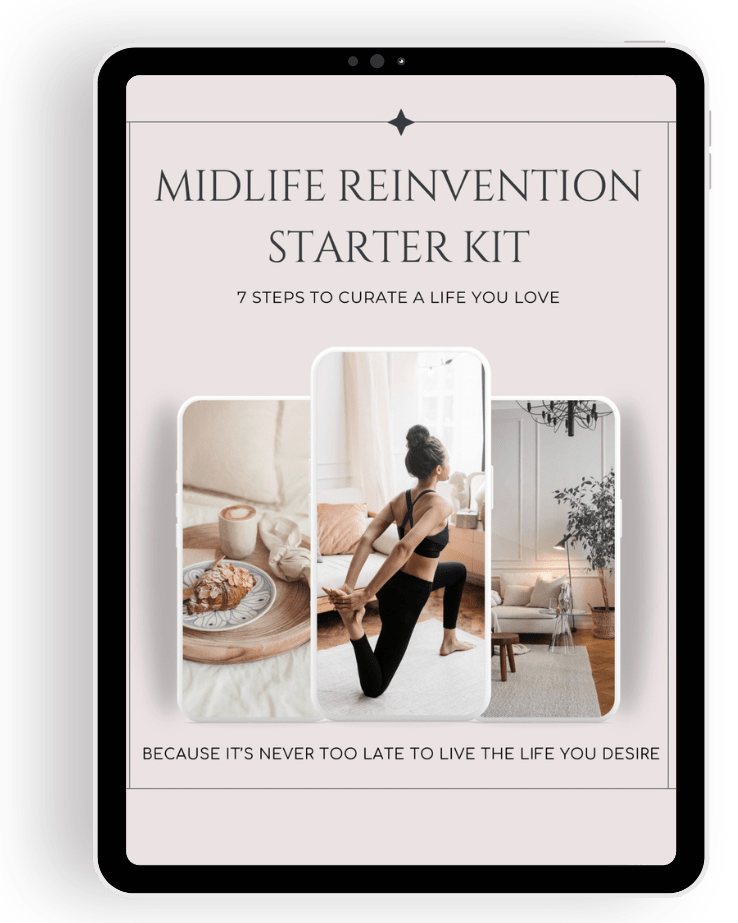Know where you’re investing
Looking at companies, and understanding what your money is invested in can help determine whether you are investing in something that aligns with your values and what you want.

Know where your money is going
Look at your subscriptions. There is a chance you can be paying for multiple subscriptions you are not using regularly, whether that is for online streaming platforms, gym memberships or fitness classes. These monthly costs can add up, so for any that you’re no longer using, consider cancelling and saving the money instead.

Get into a habit of saving a portion of your money
As soon as your salary comes in, have a direct debit set up to move money into your savings account. This way, you will have a budget to stick to rather than looking at what you have left at the end of the month. If you have an extra or unexpected income, such as a bonus or a tax refund, put it straight into your savings account as this can go a long way towards a rainy-day fund should you need it. As a rule of thumb, aim to have at least three months’ salary easily accessible for emergencies.

Think about the longer-term
No matter your age, putting as much as you can into a pension as early as possible, will help shape the lifestyle you want later in life. As well as your pension savings growing, which can add up over the years, you might be able to benefit from pension contributions from your employer, which together with tax relief on your contributions will increase the value of your fund at no cost to you. And there are many sustainable funds available now if you’re keen to make a difference to the planet through your savings.

Little things count
Knowing where your money goes can help increase your savings. Often things such as buying instead of packing a lunch creep up, but it’s a problem that can be easily rectified, particularly if you’re working from home! Budgeting and planning can help you reduce your outgoings. Cycling or walking instead of getting the train or car will not only help you save, but it is more environmentally friendly too.

Paying off your debts
Credit cards have many benefits if used correctly. However, if you are struggling to pay your card off at the end of each month, debts can pile up. Look at your salary, and calculate a realistic plan to pay your debt off over the next several months. Pay the amount you have calculated as soon as the money lands in your account to ensure you aren’t tempted to spend it – a direct debit can be a big help here.

7 Ways to Avoid Debt
Avoiding debt can be challenging, but there are several steps you can take to prevent it:
- Create a Budget: Creating a budget is essential to help you manage your money and avoid overspending. It helps you track your income and expenses and allows you to allocate your money accordingly. CHECK OUT: 10 Practical Budgeting Tips
- Live within Your Means: Living within your means is one of the most important steps to avoid debt. Spend only what you can afford, and avoid making purchases that are beyond your budget. CHECK OUT: Living Within Your Means
- Save for Emergencies: Emergencies can arise at any time, and it’s essential to have a financial cushion to fall back on. Start saving for emergencies as soon as possible and build up an emergency fund that can cover at least 3-6 months of living expenses. CHECK OUT: 7 Ways to Build an Emergency Fund
- Pay Bills on Time: Paying your bills on time is critical to avoiding debt. Late payments can result in late fees, higher interest rates, and damage to your credit score.
- Avoid Credit Cards: Credit cards can be a useful financial tool, but they can also lead to debt if not used responsibly. If you must use a credit card, try to pay off the balance in full each month.
- Avoid Impulse Purchases: Impulse purchases can quickly add up and cause you to overspend. Before making a purchase, take some time to think it over and determine if it’s a necessary expense. CHECK OUT: Things I Stopped Buying (to Save Money & Stop Waste)
- Seek Professional Help: If you are struggling with debt, seek the help of a financial advisor or credit counsellor. They can help you develop a plan to pay off your debt and avoid future debt.
7 Ways to Build an Emergency Fund
Building an emergency fund is an essential part of financial planning. Here are some tried and tested steps to follow to build an emergency fund:
- Determine how much you need: The first step is to determine how much money you need to save. The general rule of thumb is to save at least three to six months’ worth of living expenses.
- Set a savings goal: Once you know how much you need to save, set a savings goal. You can break this down into smaller goals by saving a certain amount each week or month. CHECK OUT: Some of my Favourite Money Saving Tips
- Create a budget: Creating a budget will help you identify where your money is going and where you can cut back. This will free up more money to save towards your emergency fund. CHECK OUT: 10 Practical Budgeting Tips
- Open a separate savings account: It is best to keep your emergency fund separate from your regular savings or checking account. This will help you avoid spending money on non-emergency expenses.
- Automate your savings: Set up automatic transfers to your emergency fund savings account. This will ensure that you are consistently saving towards your goal.
- Save windfalls: Whenever you receive a windfall such as a tax refund, bonus or gift, consider putting a portion or all of it towards your emergency fund.
- Be patient: Building an emergency fund takes time and discipline. Be patient and stay focused on your goal.
Remember, an emergency fund is not a luxury, it is a necessity. Having money saved for unexpected expenses will give you peace of mind and help you avoid going into debt.

Feel free to sign up to my Friday Morning Love Note HERE! This isn’t just a newsletter - it’s your invitation to pause, reflect, and realign with you. Every week, we’ll journey together to uncover the small, meaningful shifts that will help you design a life that feels uniquely and beautifully yours. Each week, I’ll deliver fresh intentions, uplifting tips, and simple shifts to inspire purposeful, creative living.





[…] READ MORE: How to ensure you are ready to face your finances […]